Coconut cream is a common ingredient in various cuisines, including Southeast Asian, Indian, and Caribbean foods. The plant-based cream's unique flavor and creamy heft make it an excellent addition to both sweet and savory dishes, particularly curries and desserts.
Having used coconut cream as long as I can remember, I have definitely had moments where I realized I bought the wrong ingredient or couldn't find coconut cream in the grocery store. I now just keep coconut cream alternative options in my pantry, including coconut milk and coconut condensed milk, with other options below.
In this comprehensive list, we cover the best substitutes for coconut cream based on my personal experience, each of which will provide a similarly creamy and rich texture. Less histamine-friendly options include cashew cream, canned tomato, and silken tofu, depending on your use case.
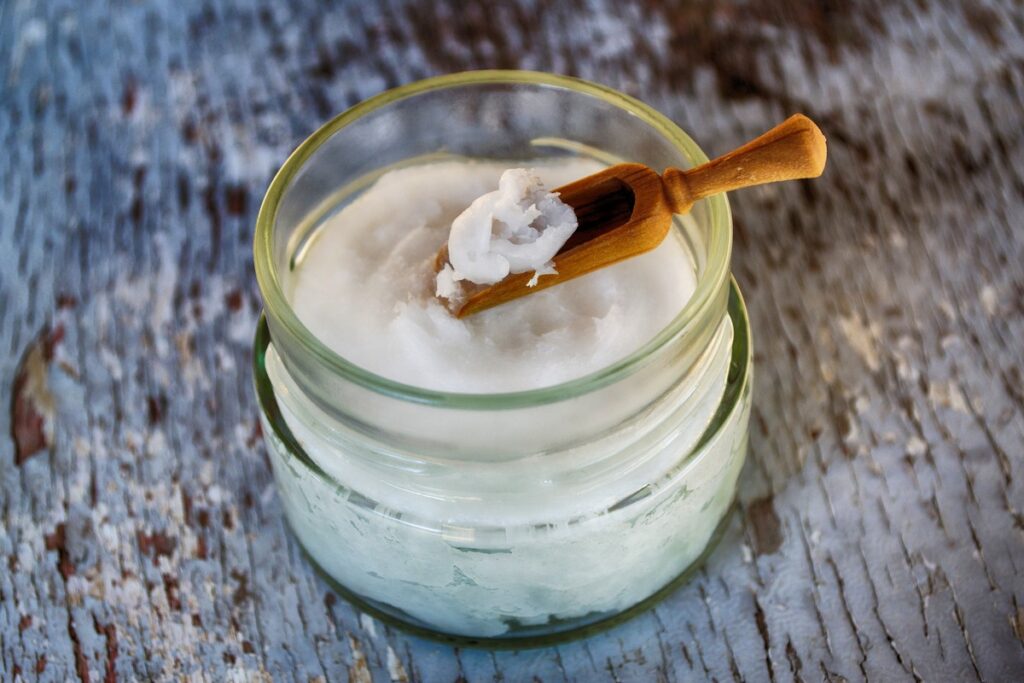
What is Coconut Cream?
Coconut cream is a thick and rich cream made from the flesh of mature coconuts. It's similar in texture to dairy cream but is entirely plant-based with a sweet, nutty taste and healthy fats, vitamins, and minerals, though it's notoriously hard to work with.
The dairy-free cream is made by blending or grating the flesh of the coconuts and then soaking the resultant mixture in hot water. The gloopy mix is then strained through a cheesecloth or a fine sieve to remove any solids, and the resulting liquid is left to sit for a few hours, allowing the cream to rise to the top.
That cream is then skimmed off and stored, with the process repeated with the rest of the liquid to extract any remaining coconut cream. It's overall a very versatile ingredient used to create a rich and creamy sauce in curries, balancing the spiciness of the dish and adding thickness to the mixture.
On the dessert side of things, it can be used to make a variety of dairy-free treats, including vegan whipped cream, creamy puddings, custards, and ice cream. There are several choices you can try if you’re looking for a vegan alternative to coconut cream or just want to spice things up, but it's important that they contribute similar qualities.
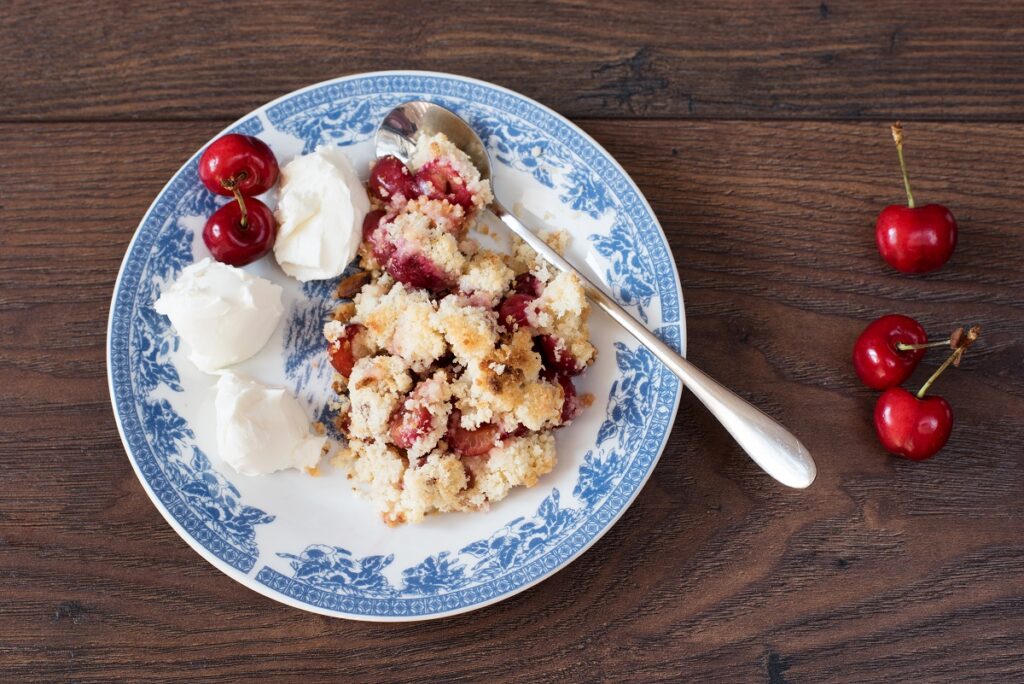
🥥 Best Substitutes for Coconut Cream
Greek Yogurt
1 tablespoon of coconut cream = 1 tablespoon of Greek yogurt
Greek yogurt is a popular alternative to coconut cream as it has a similarly creamy and tangy flavor. It’s made by straining regular yogurt to remove the whey, resulting in a thicker and creamier texture that creates a low-fat and high-protein alternative for more health-conscious individuals.
This moderate to low histamine yogurt is also an excellent coco cream substitute in recipes such as curries and smoothies, and as topping for fruit salads and desserts, as it adds a tangy flavor and a creamy texture comparable to coconut cream.
Coconut Milk
1 tablespoon of coconut cream = 1 tablespoon of coconut milk
Coconut milk can be used just the same as you would use coconut cream in baking, curries, and desserts since it's a more liquidy and less-thick version of it. However, since coconut cream is thicker and richer than coconut milk, you may have to adjust your recipe to compensate for its more liquid nature, or simply skim off the thickest cream from the top.
If you want to enhance your curries' flavor, you should substitute coconut milk for coconut cream by inverting a room temperature can of coconut milk and scooping off only the cream top. If necessary, allow your dish to simmer for a bit longer to thicken it up in lieu of being able to use only the cream top of coconut milk.
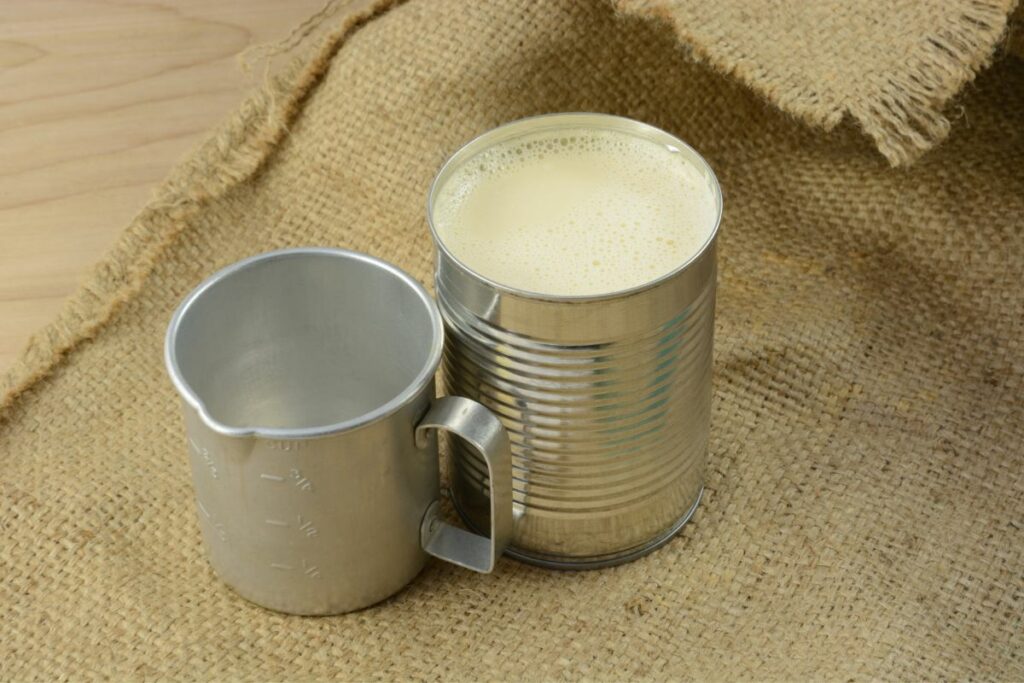
Nut Butter or Tahini
1 tablespoon of coconut cream = ½ to ¾ tablespoon of nut butter or tahini
Nut butter or tahini can be used as a dairy-free substitute for coconut cream in recipes both savory and sweet. Any version of these ingredients are rich and creamy, and add a unique flavor to your dishes, especially when used as a drizzle on top or a creamy element.
By blending nut butter or tahini with non-dairy milk and sweetener, if desired, you can create a delicious and creamy dessert that’s free from coconut. Both these options are rich in healthy fats, protein, fiber, and various vitamins and minerals such as vitamin E, magnesium, calcium, iron, and zinc, in varying proportions.
Because they’re also low in carbs, nut or seed butters are a fantastic choice for people on a low-carb or ketogenic diet. However, they are also even higher in calories than coconut cream, so it's important to consume them in moderation, and keep in mind if your butters are pre-salted and roasted or raw.
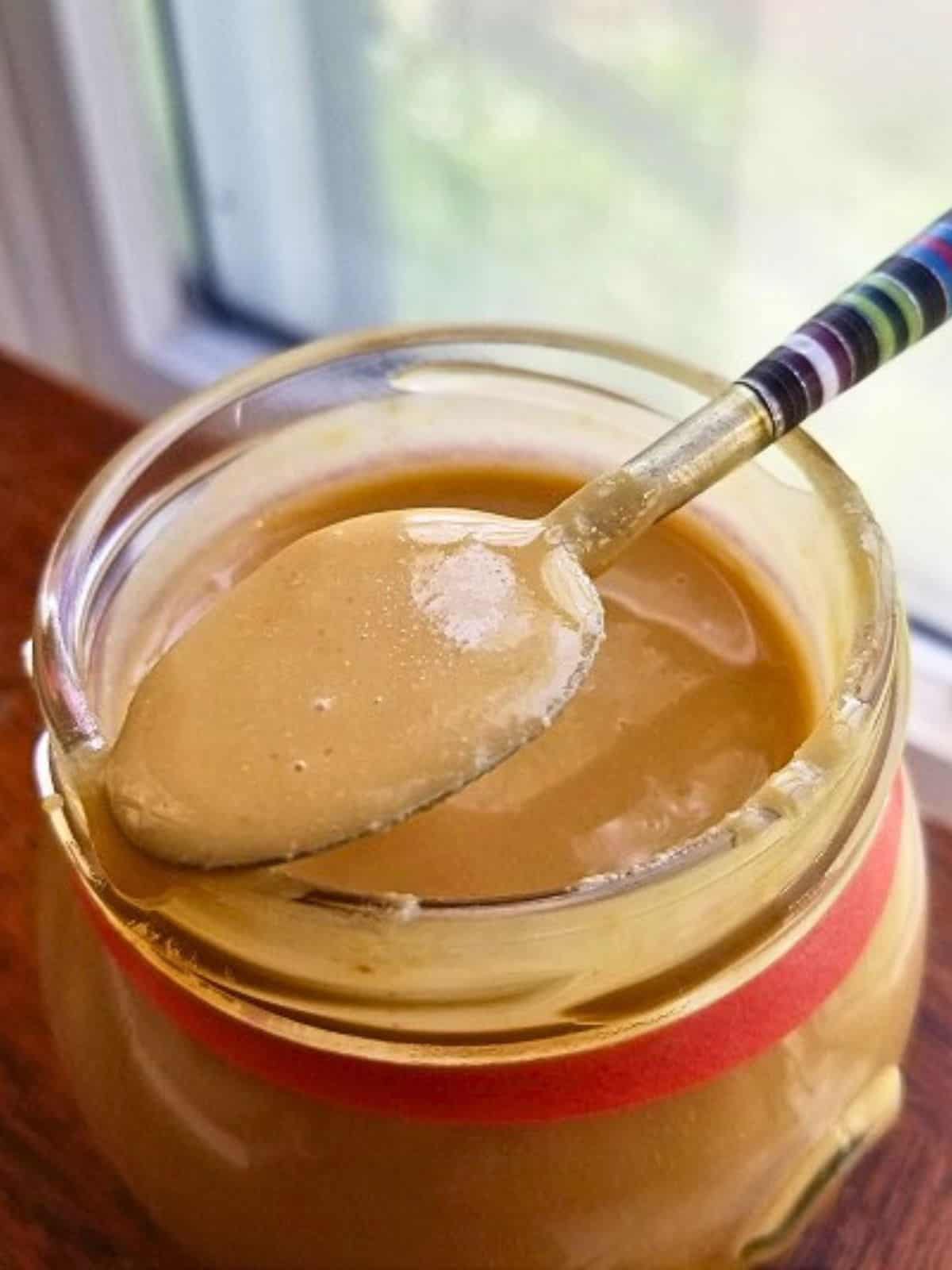
Pureed Cauliflower
1 tablespoon of coconut cream = 1 tablespoon of pureed cauliflower
Pureed cauliflower is a quite healthy coconut cream substitute, as it's not only low in fat but also packed with fiber, vitamins, and minerals, such as vitamin C, vitamin K, folate, and potassium.
This nutrient-dense vegetable is low in calories and carbs, making it a smart choice for weight management and blood sugar control, though it works best in savory dishes. If you want to prep a fresh head, simply slice it into steaks then steam or boil the cauliflower until tender, and blend it until smooth to make cauliflower puree.
By using pureed cauliflower instead of coconut cream, you can reduce the fat content of your recipes without sacrificing taste or texture, though it can take some getting used-to to use this swap regularly.
Almond Milk
1 tablespoon of coconut cream = 1 ½ tablespoons of almond milk
Almond milk is a great dairy-free coconut cream alternative that can work in numerous recipes, though it's much thinner than coconut cream, so you'll need to use slightly more. Made from ground almonds and water, it has a creamy texture that can mimic the richness of coconut cream when used as a partial replacement.
It gives baked goods a subtly nutty flavor, and offers curries a creamy texture without the overpowering flavor of coconut, while adding a richness to sweets and desserts like puddings, custards, and ice cream.
Almond milk is also a good source of vitamin E, an antioxidant that can help protect cells from everyday damage. Just note that most store-bought almond milk is fortified with calcium and some other nutrients, so you may want to make your own almond milk at home if you don't want a fortified version.

Sweetened Condensed Coconut Milk
1 tablespoon of coconut cream = 2 teaspoons of condensed coconut milk
Sweetened condensed coconut milk is a great substitute for coconut cream in desserts because it has a similar impact and flavor profile. Both coconut cream and sweetened condensed coconut milk are made from the flesh of mature coconuts, but sweetened condensed coconut milk has added sugar, making it thicker and sweeter.
It can be used in recipes that require a creamy and sweet flavor, such as berry bowls and vegan or just dairy-free baked goods. Plus, sweetened condensed coconut milk doesn't require any additional preparation or blending, unlike whipped cream and some of the other swaps here.
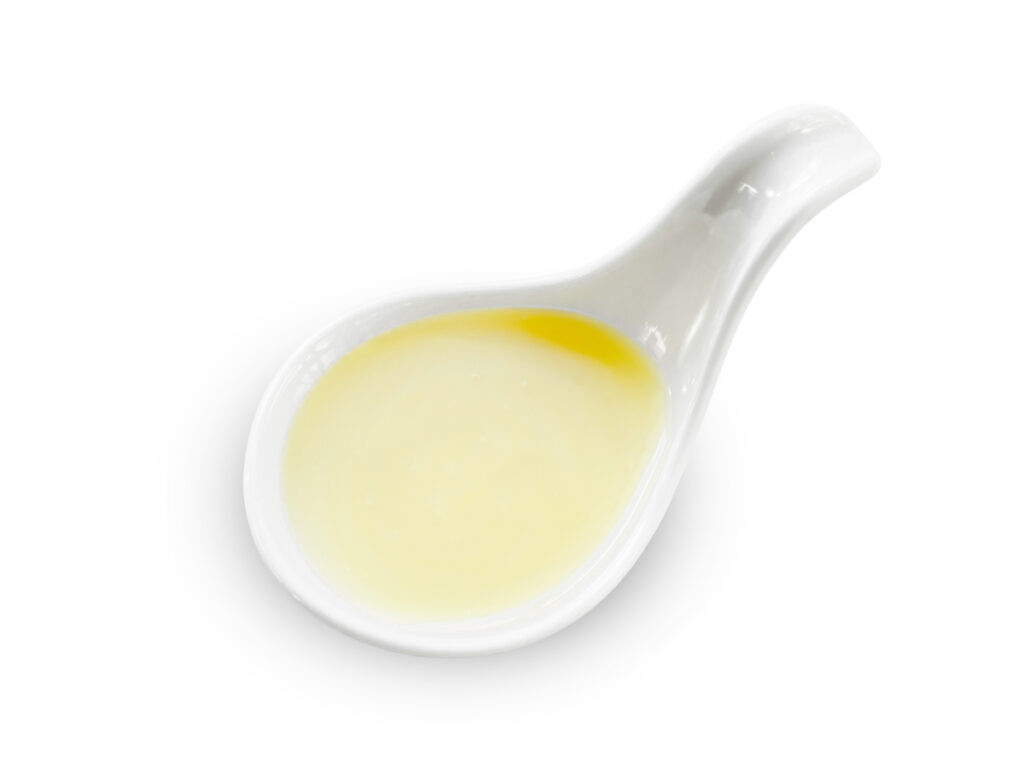
Heavy Cream (Dairy)
1 tablespoon of coconut cream = 1 tablespoon of heavy cream
Heavy cream is a versatile and flavorful substitute for coconut cream in cooking and baking, and it's relatively low in lactose, if you're only mildly lactose-intolerant. It can be used as a swap in lots of recipes, including soups, sauces, and desserts, to add a rich and smooth texture.
However, use it in moderation since it’s even higher in fat and calories than coconut cream. A single tablespoon of heavy cream contains around 50 calories and 5 grams of fat, so it should be used sparingly as part of a balanced diet.
Despite its high-fat content, like all other dairy, heavy cream is a good source of vitamin A, which is essential for healthy vision and immune function.

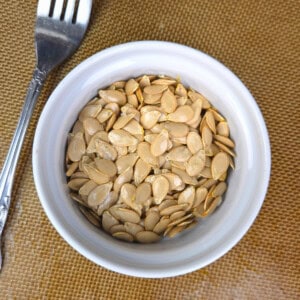
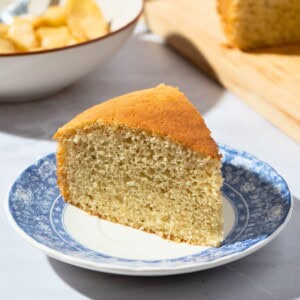





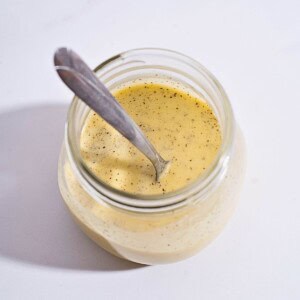
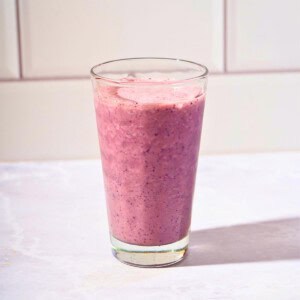



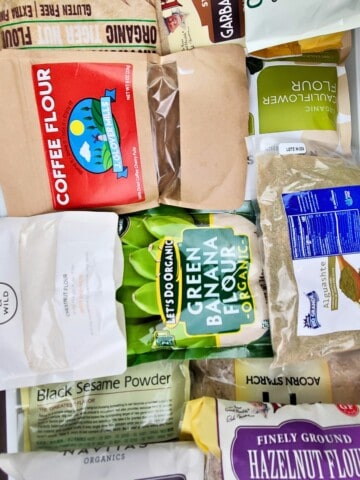
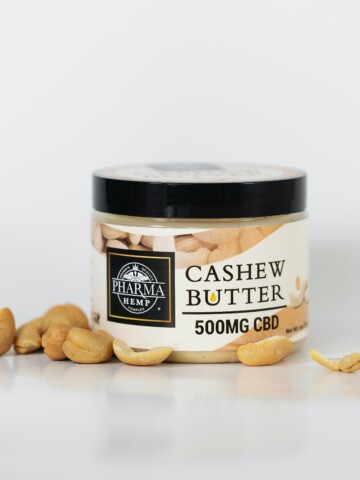
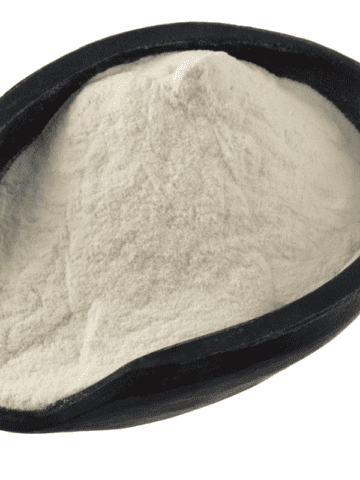
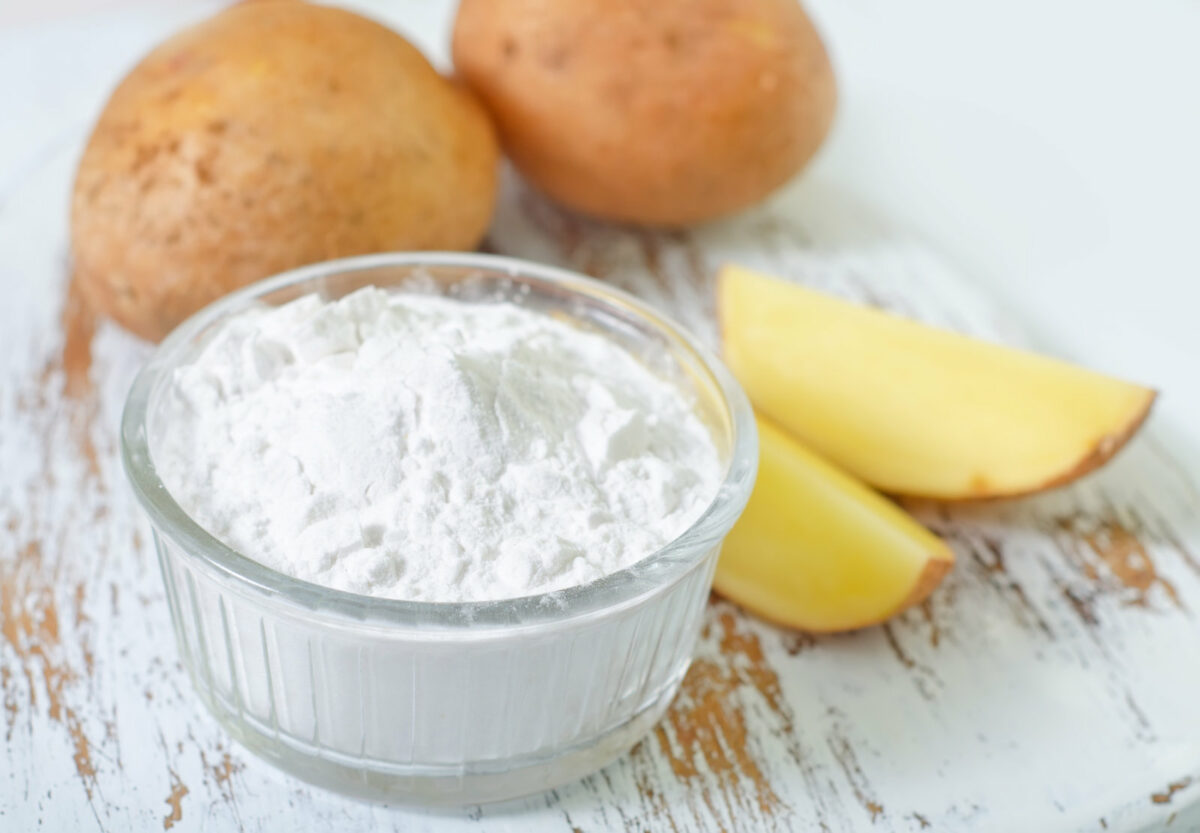
Comments
No Comments